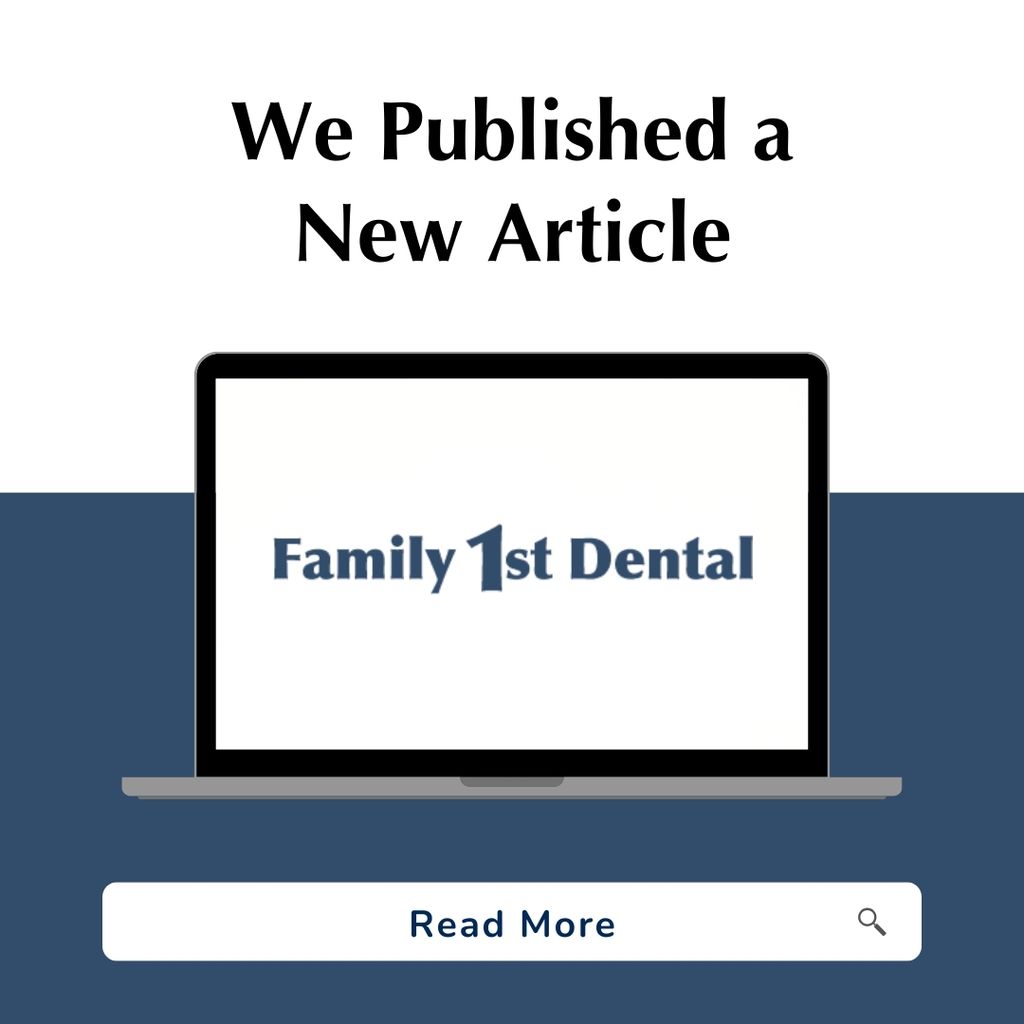
A cracked tooth can disrupt your smile’s appearance and impair your teeth’s functionality. Whether causing discomfort or hindering chewing, cracked teeth are best avoided altogether. At Family 1st Dental, your trusted Dentist in Wayne, we’ve compiled common causes of tooth cracks and how to prevent them.
- Chewing Hard Foods: Healthy teeth are resilient but not impervious. Limit or avoid chewing hard foods like nuts, ice, or popcorn kernels, as they can induce cracks in your teeth.
- Nighttime Teeth Grinding (Bruxism): Bruxism often occurs unconsciously during sleep and can gradually erode enamel, leading to stress fractures or craze lines. Combat this by wearing a night guard, acting as a protective barrier between your upper and lower teeth.
- Natural Aging: As you age, your teeth age with you. While aging is inevitable, its effects on oral health can be mitigated. Cracked teeth are prevalent in individuals over 50 due to a lifetime of wear. Maintain robust oral hygiene practices and regular dental visits to mitigate aging effects.
- Traumatic Mouth Injuries: Accidents during vehicle collisions or sports can lead to traumatic dental injuries, causing tooth damage. While some accidents are unavoidable, wearing a mouth guard during contact sports can lower the risk of tooth cracks.
Untreated cracked teeth are a leading cause of tooth loss. Preventive measures can maintain tooth strength and safety. However, if a cracked tooth occurs, our expert team can restore it to optimal health.
For further insights or to schedule your next dental appointment, reach out to our office today. Your smile’s longevity and vitality are our priority at Family 1st Dental, serving the Wayne community with exceptional dental care.










